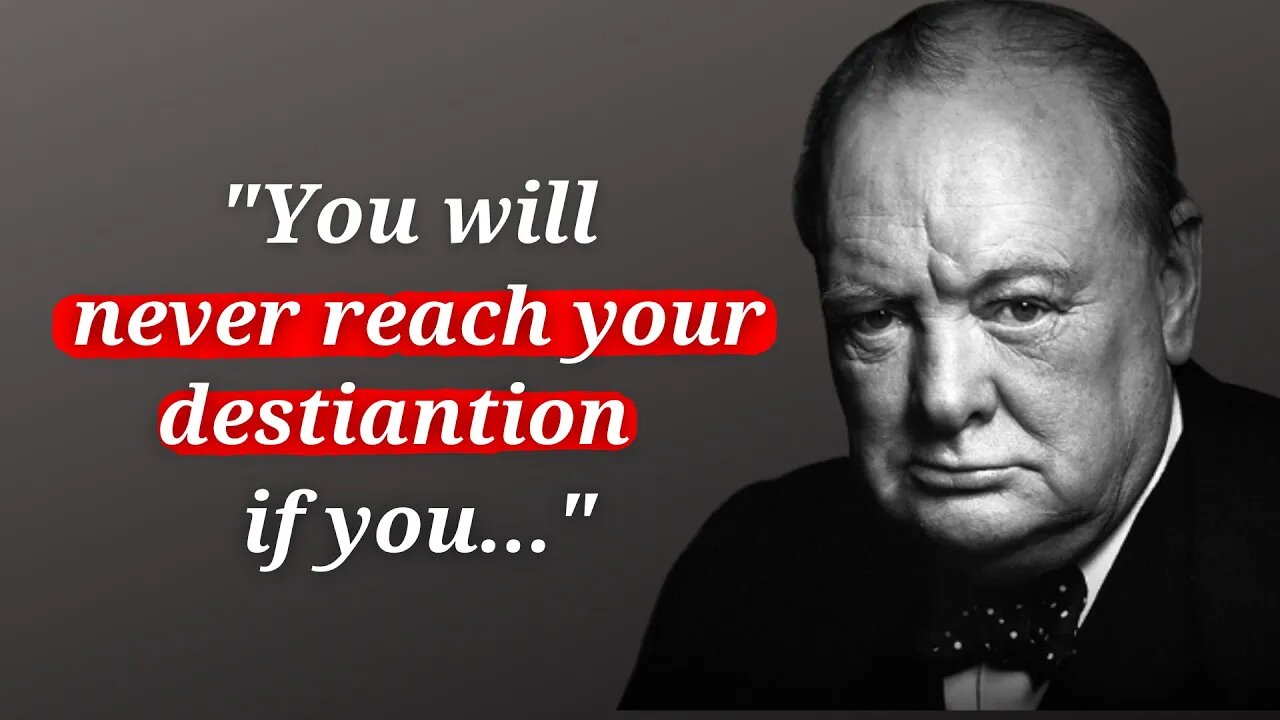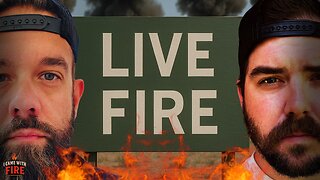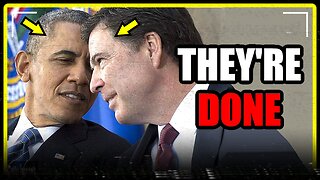Premium Only Content

Winston Churchill Quotes that encapsulates a mindset for success
Winston Churchill
Article
Talk
Read
View source
View history
This is a good article. Click here for more information.
Page semi-protected
From Wikipedia, the free encyclopedia
"Churchill" redirects here. For other uses, see Churchill (disambiguation) and Winston Churchill (disambiguation).
The Right Honorable Sir
Winston Churchill
KG OM CH TD DL FRS RA
Churchill, aged 67, wearing a suit, standing and holding into the back of a chair
The Roaring Lion, a portrait by Yousuf Karsh at the Canadian Parliament, December 1941
Prime Minister of the United Kingdom
In office
26 October 1951 – 5 April 1955
Monarchs
George VI
Elizabeth II
Deputy Anthony Eden
Preceded by Clement Attlee
Succeeded by Anthony Eden
In office
10 May 1940 – 26 July 1945
Monarch George VI
Deputy Clement Attlee (1942–1945)
Preceded by Neville Chamberlain
Succeeded by Clement Attlee
Senior political offices
Ministerial offices
1939–1952
Ministerial offices
1908–1929
Parliamentary offices
Personal details
Born Winston Leonard Spencer Churchill
30 November 1874
Blenheim, Oxfordshire, England
Died 24 January 1965 (aged 90)
London, England
Resting place St Martin's Church, Bladon, Oxfordshire, England
Political party Conservative
(1900–1904; 1924–1964)
Other political
affiliations Liberal (1904–1924)
Spouse Clementine Hozier (m. 1908)
Children
DianaRandolphSarahMarigoldMary
Parents
Lord Randolph Churchill
Jennie Jerome
Education
Harrow School
RMC Sandhurst
Occupation
Politiciansoldierwriterhistorianpainter
Civilian awards See list
Signature
Military service
Branch/service
British Army
Territorial Army (from 1902)
Years of service 1893–1924
Rank See list
Unit
4th Queen's Own Hussars
Malakand Field Force
21st Lancers
South African Light Horse
Queen's Own Oxfordshire Hussars
Grenadier Guards
Royal Scots Fusiliers
Commands 6th bn, Royal Scots Fusiliers
Battles/wars
North-West Frontier
Mahdist War
Second Boer War (POW)
First World War
Military awards See list
Sir Winston Churchill (cropped).jpg
This article is part of
a series about
Winston Churchill
Liberal PartyConservative PartyElectoral historyMP for DundeeMP for EppingMP for Woodford
Liberal Government
Tonypandy riotsSiege of Sidney StreetNational Insurance Act 1911Gallipoli campaignRussian Civil WarIrish War of IndependenceAnglo-Irish TreatyChanak Crisis
Chancellor of the Exchequer
1926 General StrikeBritish Gazette
Prime Minister of the United Kingdom
First Term
CabinetBritish invasion of IcelandHome GuardDunkirkWe shall fight on the beachesAtlantic CharterAllied invasion of ItalyTehran ConferenceOperation Overlord D-DayYalta ConferenceVE DayCaretaker GovernmentPotsdam Conference1945 general election
Second Term
CabinetMau Mau rebellionMalayan Emergency
Books
The World CrisisThe Second World WarA History of the English-Speaking Peoples
Arms of Spencer-Churchill, Duke of Marlborough.svg
vte
Sir Winston Leonard Spencer Churchill[a] (30 November 1874 – 24 January 1965) was a British statesman, soldier, and writer who served as Prime Minister of the United Kingdom twice, from 1940 to 1945 during the Second World War, and again from 1951 to 1955. Apart from two years between 1922 and 1924, he was a Member of Parliament (MP) from 1900 to 1964 and represented a total of five constituencies. Ideologically an economic liberal and imperialist, he was for most of his career a member of the Conservative Party, which he led from 1940 to 1955. He was a member of the Liberal Party from 1904 to 1924.
Of mixed English and American parentage, Churchill was born in Oxfordshire to a wealthy, aristocratic family. He joined the British Army in 1895 and saw action in British India, the Anglo-Sudan War, and the Second Boer War, gaining fame as a war correspondent and writing books about his campaigns. Elected a Conservative MP in 1900, he defected to the Liberals in 1904. In H. H. Asquith's Liberal government, Churchill served as President of the Board of Trade and Home Secretary, championing prison reform and workers' social security. As First Lord of the Admiralty during the First World War, he oversaw the Gallipoli Campaign but, after it proved a disaster, he was demoted to Chancellor of the Duchy of Lancaster. He resigned in November 1915 and joined the Royal Scots Fusiliers on the Western Front for six months. In 1917, he returned to government under David Lloyd George and served successively as Minister of Munitions, Secretary of State for War, Secretary of State for Air, and Secretary of State for the Colonies, overseeing the Anglo-Irish Treaty and British foreign policy in the Middle East. After two years out of Parliament, he served as Chancellor of the Exchequer in Stanley Baldwin's Conservative government, returning the pound sterling in 1925 to the gold standard at its pre-war parity, a move widely seen as creating deflationary pressure and depressing the UK economy.
-
 21:29
21:29
GritsGG
15 hours agoUpdate Your Loadout w/ This KILO Sniper Support Build!
12.1K1 -
 LIVE
LIVE
Lofi Girl
2 years agoSynthwave Radio 🌌 - beats to chill/game to
637 watching -
 10:29:07
10:29:07
SpartakusLIVE
13 hours agoFriday Night HYPE || WZ Solos, PUBG, and maybe even OFF THE GRID?!
101K -
 3:24:24
3:24:24
megimu32
9 hours agoOFF THE SUBJECT: FAFO FRIDAY - Bodycam Madness + Mortal Kombat Mayhem!
60.5K10 -
 2:08:59
2:08:59
I_Came_With_Fire_Podcast
16 hours agoTRUMP WANTS TO KILL TRANS KIDS | CHINA IN TROUBLE | NYC IS RETARDED | WHO WILL WIN THE MIDTERMS
74.8K17 -
 2:05:52
2:05:52
TimcastIRL
10 hours agoTrump Russia HOAX DECLASSIFIED, Obama Officials EXPOSED In “TREASONOUS CONSPIRACY”
190K188 -
 2:58:12
2:58:12
SavageJayGatsby
11 hours agoLockdown Protocol - Wedding in 3 Months! - Halftway to 100!
74.5K3 -
 2:41:27
2:41:27
Mally_Mouse
14 hours agoFriend Friday!! - Let's Play! - Lockdown Protocol
55.1K4 -
 9:43
9:43
MattMorseTV
13 hours ago $12.15 earnedTulsi just DROPPED a BOMBSHELL.
64.9K63 -
 3:54:03
3:54:03
SynthTrax & DJ Cheezus Livestreams
22 hours agoFriday Night Synthwave 80s 90s Electronica and more DJ MIX Livestream Knight Ride Edition
44.3K5